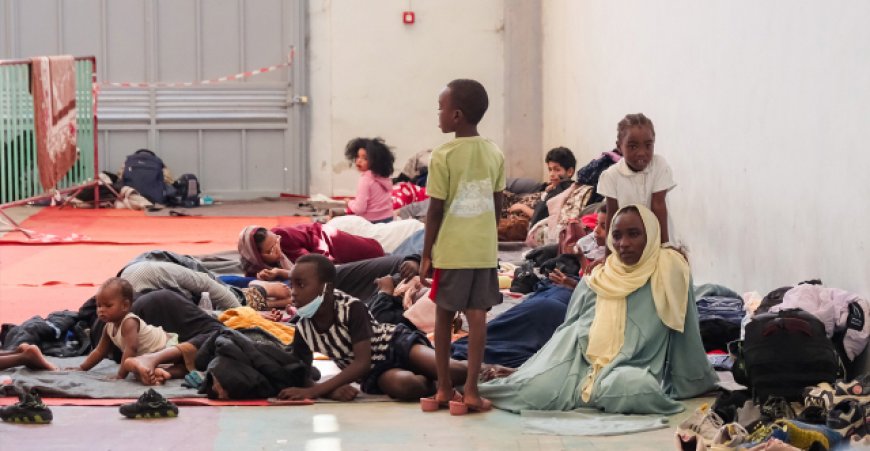Greece Poised to Extend North Africa Asylum Ban, Deploys Frigates Off Libya to Stem Rising Migrant Influx
Greece may extend its asylum ban on North Africa arrivals amid spikes from Libya; the nation has deployed naval frigates and is training Libyan coast guard officers.

As Greece confronts a mounting migrant surge from North Africa, authorities have signaled intentions to extend a three-month suspension on asylum processing for arrivals via sea and taken drastic maritime measures to curb crossings.
This initiative comes amid a turbulent geopolitical backdrop and mounting humanitarian concerns, triggering critical scrutiny from within Europe and beyond.
Surge in Arrivals Spurs Emergency Suspension
On July 11, 2025, Greek Parliament swiftly enacted legislation stopping the examination of asylum applications for individuals arriving by sea from North Africa—especially Libya—for three months AP News. The decision followed a sharp influx, with over 7,000 migrants reaching Crete in just 10 days—outpacing total arrivals for all of 2024 AP News.
This surge overwhelmed reception facilities and prodded the government to act. After implementation, arrivals sharply declined—from 2,642 in the first week of July to just 900 thereafter Reuters.
Greece Prepares for Renewed Refugee Pressures
Migration Minister Thanos Plevris has warned that if migration flows resume rising, the temporary ban may be extended. Additionally, new legislation is being drafted to impose prison sentences of up to five years for illegal entries—excluding those fleeing armed conflict Reuters.
Naval Reinforcement Near Libya
Beyond legal measures, Greece has deployed two naval frigates off Libya’s coast, while also initiating training of Libyan coast guard officers on Crete Reuters+1. These moves aim to bolster interception capacity and facilitate early deterrence of migrant trajectories.
The training also forms part of broader diplomacy—Greece has invited Libya’s UN-recognized Tripoli-based government to discuss exclusive economic zones (EEZs) in the Mediterranean Reuters.
Legal Backlash and Humanitarian Alarm
Greece’s emergency measures have not gone unchallenged. The United Nations High Commissioner for Refugees (UNHCR) and the Council of Europe’s Human Rights Commissioner Michael O'Flaherty condemned the policy change, warning it could breach Greece’s international obligations by risking forcible returns and exposure to harm AP News.
Regional Context and EU Implications
Greece—having once been at the forefront of the 2015–16 refugee crisis—now finds itself balancing border security with humanitarian obligations. While overall sea arrivals into Greece fell by 5.5% in the first half of 2025, figures rebounded in specific zones like Crete and Gavdos Reuters.
Existing concerns over pushbacks, a controversial border control practice, have been further amplified amid the new measures Wikipedia.
Public Discourse and Regional Dynamics
Prime Minister Kyriakos Mitsotakis and Migration Minister Plevris framed the emergency action as a necessary defense of Greece’s sovereignty, stating: “All European countries now understand that it is not possible to have open borders” Reuters.
At the same time, NGOs and opposition voices argue that penalizing vulnerable asylum seekers undermines refugee rights and risks contravening core EU principles.
Forward Outlook
With the three-month suspension nearing its end, all eyes are on whether Greece will:
-
Extend the ban further
-
Secure legal validation amid EU scrutiny
-
Continue naval deployments off Libya
-
Maintain or deepen cooperation with Libyan authorities
What is clear is this: Greece is recalibrating its migration response—from creating immediate deterrents to setting a tone for wider EU border policy debates.











